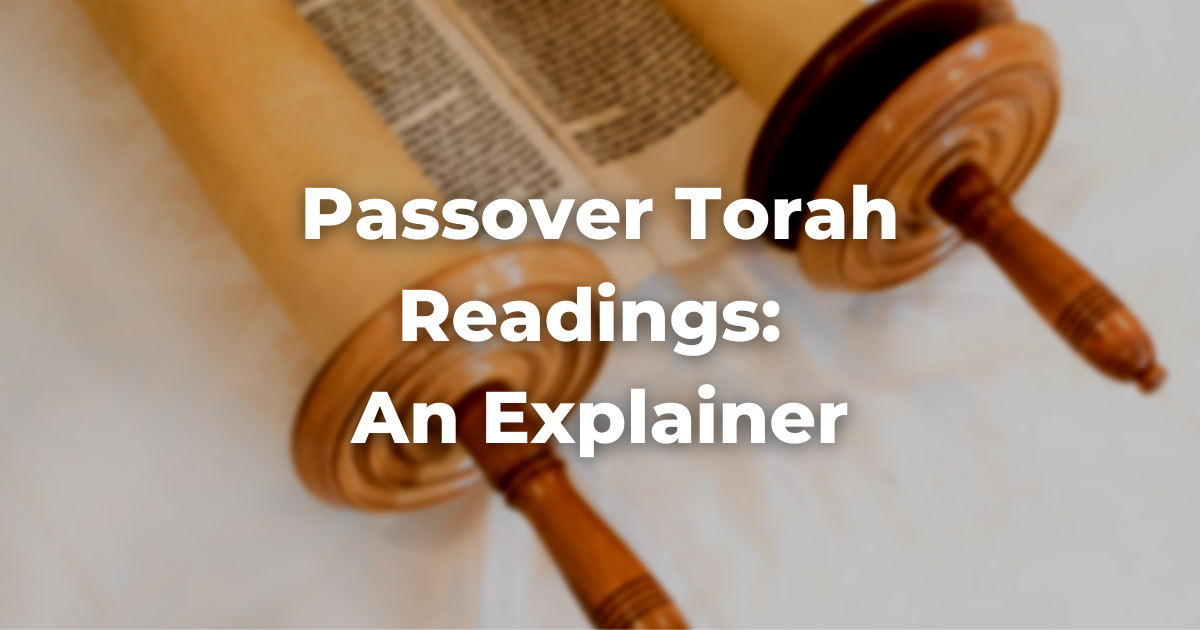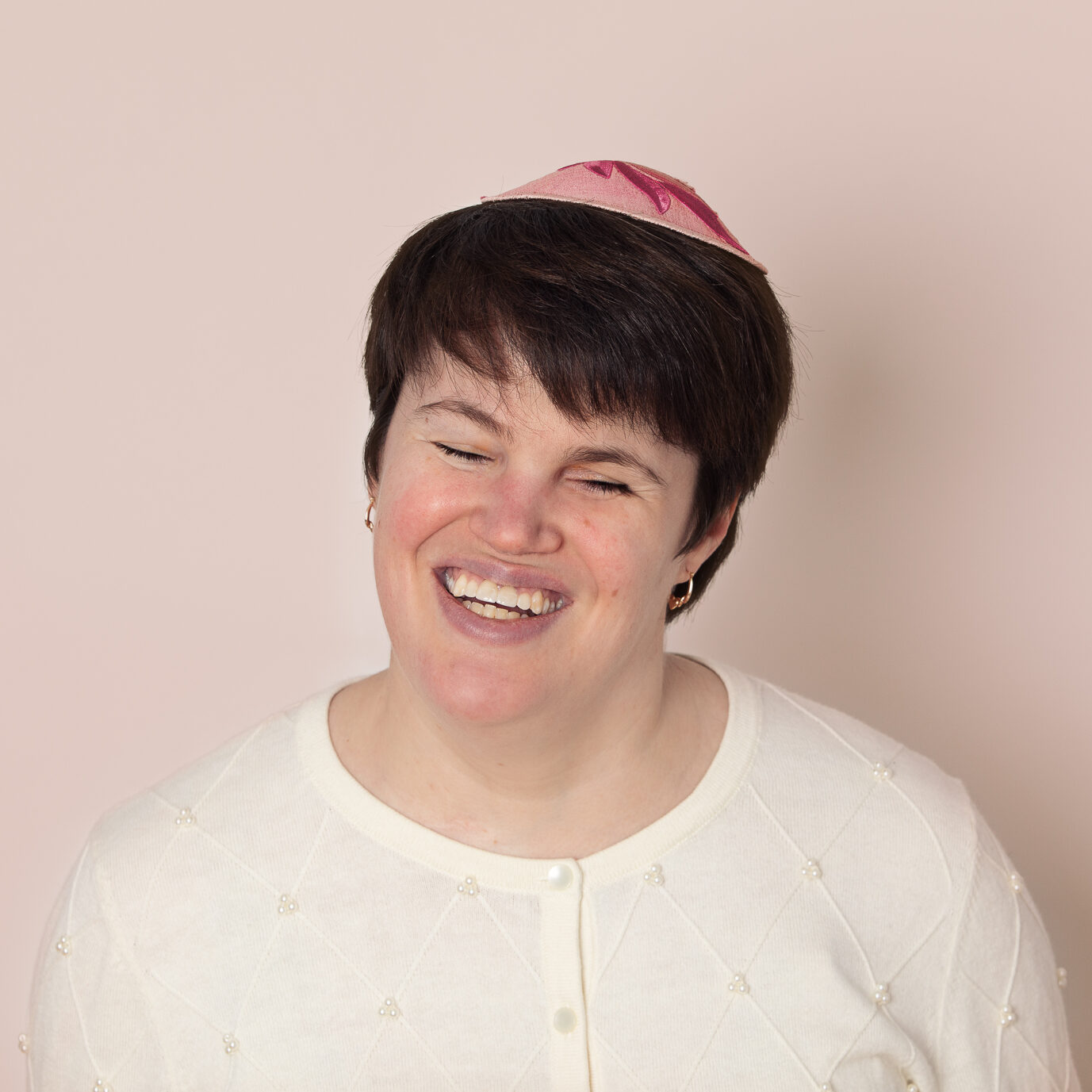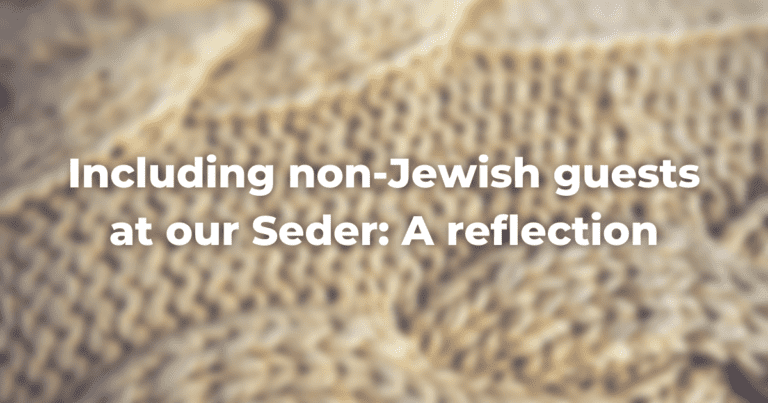Though Pesach is thought of as the quintessential home-based holiday, the TorahRefers to the first five books of the Hebrew Bible, the Tanakh, also called the Five Books of Moses, Pentateuch or the Hebrew equivalent, Humash. This is also called the Written Torah. The term may also refer to teachings that expound on Jewish tradition. Read more is read on each of the mornings of Pesach in the synagogue. (This article outlines the Torah reading according to the 8-day Diaspora Pesach observance.)
The first two and last two days are considered full chag or holiday days, like Shabbat, on which melachah or creative labor is prohibited.
The First Day of Passover
On the first day of Pesach, two Torah scrolls are read from. In the first, which serves as the primary Torah reading for the day, Exodus 12:21-51 is read, which describes the preparations made for the Exodus out of Mitzrayim. When the first day of Pesach falls out on Shabbat, this reading is divided into seven aliyot, as is done on a typical Shabbat. When the first day of Pesach falls out on a weekday, the reading is divided into five aliyot.
A second Torah scroll is also read from. The portion read from this scroll is known as the maftir portion, which is read before the haftarah. On the first day of Pesach, the maftir is Numbers 28:16-25, which describes the sacrifices that were brought on the first day of Pesach to the bet hamikdash. These are later included in the liturgy of the Musaf Amidah.
The Second Day of Passover
On the second day of Pesach, two scrolls are again read from. In the first, Leviticus 22:26-23:44 is read. This portion largely concerns a recounting of the Biblical calendar of holiday observances. Each holiday or moed is described.
The maftir from the first day is read from the second scroll. Why is the same maftir portion repeated?
In the Diaspora, many communities have kept a second day of yom tov for many centuries. This is owing to a discrepancy with the calendar.
Before the calendar was standardized, months were declared by the citing of the moon in Yerushalayim. Messengers were dispatched across the Jewish world to let communities know the new month had begun. Often, the messengers wouldn’t make it in time.
Thus, it became important to ensure that holidays were observed on the proper date. To alleviate concerns or doubts that holidays were observed improperly, it became the custom to keep the first two days and last two days of holidays as full festivals outside of Israel.
The Intermediate Days of Passover
The third day of Pesach begins a period called chol hamoed—literally, the weekdays of the festival. We are still in holiday mode, though some of us may go to work or engage in more mundane pursuits. Even still, weekday morning services include a Torah reading. On the first day of chol hamoed, Exodus 13:1-16 is read from the first Torah scroll and Numbers 28:16-25 is read again from the second scroll.
On the fourth day of Pesach/second day of chol hamoed, Exodus 22:24-23:19 is read from the first Torah scroll and the maftir portion we’ve been reading until now is repeated again from a second scroll.
On the fifth day of Pesach/third day of chol hamoed, Exodus 34:1-26 is read from the first scroll and we repeat, again, the maftir from Numbers, read from a second scroll.
On the final day of chol hamoed, in addition to repeating our maftir from Numbers 28:16-25, we first read Numbers 9:1-14.
Each of these Torah readings connects to Pesach observances. The fourth day of chol hamoed, we read about Pesach sheni, or 2nd Pesach, observed on the 14th of Iyyar for those folks who were unable to offer the Passover sacrifice in Nisan due to ritual impurity, being on a journey, or any number of other reasons.
Often, there is a Shabbat during chol hamoed. If so, two scrolls are read from. On the first, Exodus 33:12-34:26 and from the second, Numbers 28:16-25. Because each year, Shabbat might fall on a different day of that week, you can check Hebcal to see how the readings might be adjusted for Shabbat or chol hamoed any particular year.
The Seventh Day of Passover
The seventh day of Pesach ushers in the second set of holiday dates. In some ways, though we focus a lot on the seder, the 7th and 8th days of Pesach carry incredible spiritual power and potential.
It is understood that the seventh day of Pesach is the day on which the yam-suf or sea of reeds split, allowing the children of Israel to cross on dry land. We read this portion of Torah on that day, Exodus 13:17-15:26.
The Song of the Sea is chanted with a special Torah trope and it is customary to stand while the baal korei or Torah reader is chanting this portion. The maftir is Numbers 28:19-25.
The Eighth Day of Passover
On the eighth day of Pesach, known as acharon shel Pesach, we read from the book of Deuteronomy. If this day is a weekday, the Torah reading is Deuteronomy 15:19-16:17. If it falls out on Shabbat, the reading is Deuteronomy 14:22-16:17. This portion also largely describes the Biblical festival calendar. What is interesting here is this portion is read multiple times in Diaspora communities throughout the year. It is read on the second day of Shavuot and on Shemini Atzeret as well.
These Torah portions connect us both to Pesach in its richness and particularity as well as to the festival season broadly, including its sacrifices.
Sacrifices
A note on sacrifices: Many of us tend to think of sacrifices as archaic at best, primitive at worst. We tend to think of the sacrificial system as something we have blessedly done away with. Many do not yearn for its eventual return, whenever/however that manifests itself.
I have come to understand that sacrifices were a way of bringing what was most precious to G-d, as a way of coming close to G-d. I encourage us in this festive time to think about what we might wish to do to draw ourselves closer to G-d.
Author
-

Rabbi Tuchman is a sought after spiritual leader and Jewish educator based in the Washington, DC area. She teaches Jewish contemplative and spiritual practices, in addition to consulting with communities and leaders on issues pertinent to disability inclusion.
View all posts http://contemplativetorah.substack.com/






